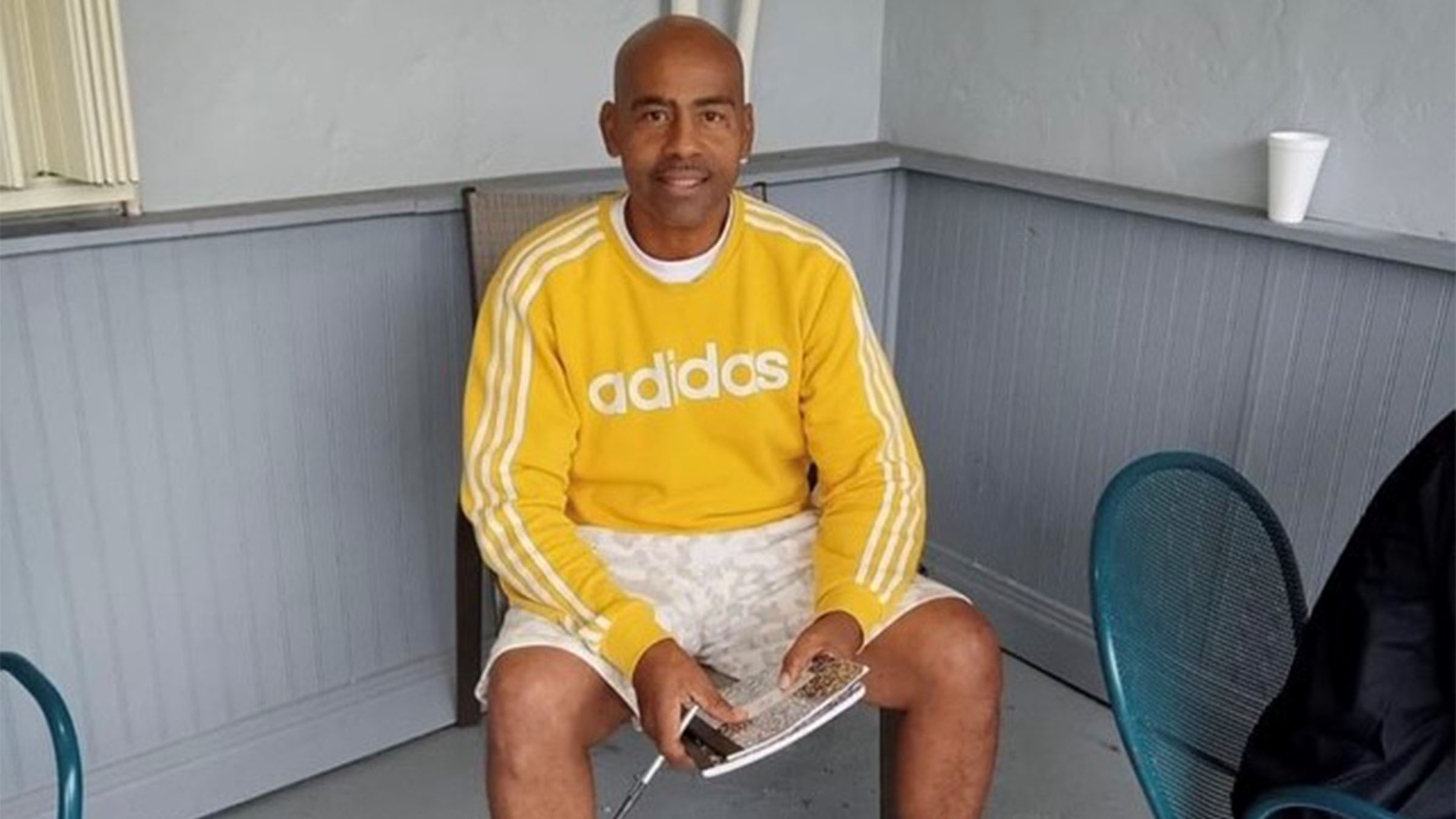With a month to go before jury selection is set to begin for his death penalty hearing, lawyers for the man behind one of the deadliest school massacre in American history Tuesday argued death should not be an option in his case.
But, if it remains an option, he tried to argue victim impact statements should not be presented to the jury because they will inject emotion into the jury’s deliberations.
Such statements, which will likely be read in court by survivors of the victims, “will appeal to and have a tendency to overwhelm the emotions of jurors,” assistant public defense Tamara Curtis argued.
Judge Elizabeth Scherer denied the defense motion for Nikolas Cruz.
Get South Florida local news, weather forecasts and entertainment stories to your inbox. Sign up for NBC South Florida newsletters.
Curtis also unsuccessfully sought to block death by noting previous state attorney Michael Satz arbitrarily applied his authority to seek death because his office did not have a consistent policy on when to seeks death in first-degree murder cases.
Assistant state attorney Carolyn McCann responded by saying “this is a case that calls out for the death penalty” and noted Satz’ successor, Harold Pryor, has also decided to seek the ultimate punishment.
The defense next sought to have the judge preclude the state from arguing to the jury that the killers targeting of a public school disrupted a public function and, in killing three staff and teachers, targeted appointed officials. Both are criteria the legislature has defined as aggravating factors, which the state can use to argue for death.
Local
“He didn’t choose to target a mall with shoppers …. (Or) worshippers in a house of worship,” McCann said. “He chose to target students and staff at Marjory Stoneman Douglas High School… he disrupted school and he hindered school.”
Scherer said the state has complied with legal requirements by informing the defense which aggravating factors it will rely on, and denied the defense request to strike those factors from the state’s future arguments.
The defense is submitting the motions to exercise and protect the defendant’s rights to a fair trial. Even though they are being denied at the trial court level, they preserve those arguments for appeal.
The defense did win one argument made weeks ago, when Scherer Monday ordered certain evidence recovered after the shooting in the home where the killer was living will not be allowed into evidence at this point.
That included 18 cartridges of the same caliber used in the killings, a tactical helmet and vest, and a packing list revealing a firing pin and ammunition being delivered to the home in the days before the February 14, 2018 massacre.
Scherer found none of that was relevant to the sentencing because those items were not used in the actual attack. She noted the killer had already pled guilty to the crimes, so it was no longer necessary for the state prove he was the killer.



